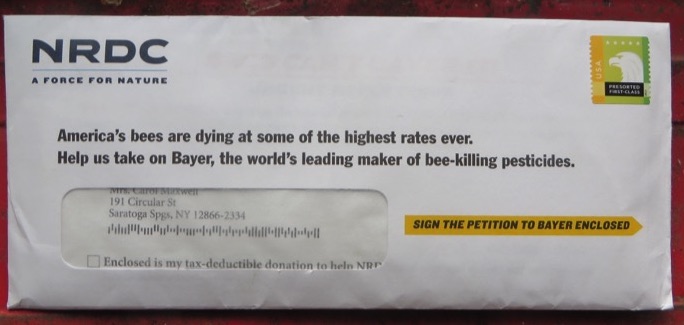
Not to get overly sentimental, but as a marketer you’re one of the good guys. By selling more products or services, you help create and maintain jobs. To the extent that they are of good quality, you may even be changing lives for the better by introducing people to your offerings.
Suppose there was a department in your company that kept you from selling as effectively as you could, and watered down strong marketing statements so they were less effective and sold less products and services and generated fewer jobs and changed fewer lives. That would be a terrible thing, right?
Yet there is such a department in almost every organization. It’s called “legal”. And in the name of protecting the brand, trademarks or whatever, they may be sabotaging your best efforts. You need to push back.
Here are some of the most egregious issues:
1. Being overprotective of your trademarks. You are asked to put an ™ after the first occurrence of a trademarked phrase (or, worse, after every mention which is completely unnecessary to protect your ownership_, or to only refer to a product by its full official name even though it’s too much a mouthful to say or remember. Legal feels this is protecting you, but it’s reducing response because people are distracted by all the foliage or simply can’t make sense of it. (As we’ve often pointed out in this blog, there is a certain percentage of your prospect audience that will bolt at the slightest excuse, and this exactly what they’re looking for.)
2. Being protective of OTHER brands. I never understood this one. You think Apple might sue you, so you’re sure to put a trademark after every mention of the Apple product compatible with your doohickey. It’s true that Apple is a very brand-centric and litigious company but if you look at all the advertising mentioning Apple you’ll see that most people violate their guidelines on a regular basis (by, among other things, giving away Apple products in promotions, which Apple says is absolutely verboten). Why should you be the one to kowtow, before being asked to?
3. Rewriting copy because of legal paranoia. You, the copywriter, have done your research or relied on solid background from the product team. If you say something, it’s true and can be supported. But legal is concerned about a hypothetical objection and makes you water it down. This is death.
4. Rewriting copy for reasons that have nothing to do with legal. This is a Lord of the Flies outcome, but it happens more than I would like to admit. Once all power is ceded to the legal department they think of themselves as the final arbiter of brand and they make you change things just because they can. If things have devolved to the point this is happening, it may be time to look for a new job.
But I said push back. What does that mean? First, don’t anticipate those legal objections by putting in all those qualifiers and curlicues before you’re asked to. Write the strongest marketing copy you can. Put a stake in the ground. Then water it down if you must. At least you’ll have the original draft to show your boss.
Second, when the legal changes come through fight back. If it seems like the requests are overreaching say so, or just ignore them. Make the nitpickers escalate it and see if their supervisors are more interested in jobs and sales than ®s and ©s. You just may win, at least once in a while.
P.S. This article is legally protected under Creative Commons. You are absolutely welcome to quote or misquote in any way you chose.



